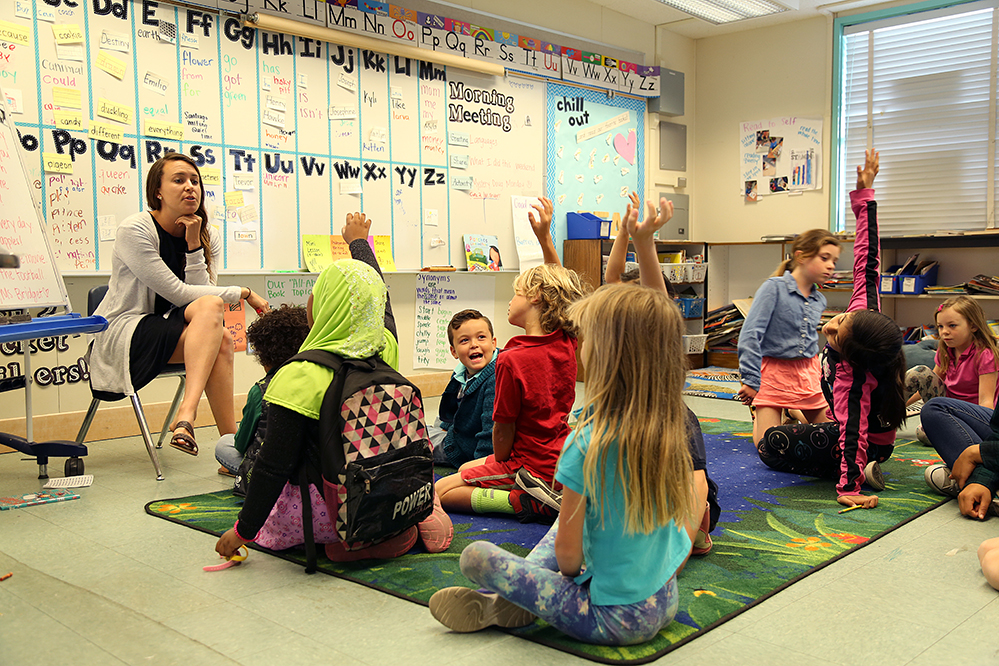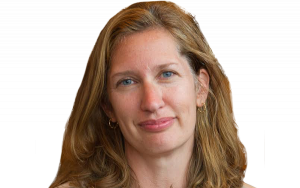Robin Lake: On the 25th Anniversary of the Center on Reinventing Public Education, a Look at Lessons Learned & New Imperatives Ahead

At the Center on Reinventing Public Education, we are celebrating our 25th anniversary. We are thinking a lot about our principles and lessons learned.
At our core, we believe schools can make a difference even for the most disadvantaged children. To do that, they must be coherent — meaning they must be grounded in a set of explicit values, hold all students to high standards, provide academic supports, give students opportunities for meaningful relationships with adults, and demonstrate links between school and real life. They must be free to try different approaches and use time, money, and teacher talents differently. Since schools will differ, parents must be free to choose. And governance can and must protect students without making schools into incoherent bureaucracies.
We still believe in these principles and are still working to make them reality. Yet there is an even deeper principle beneath CRPE’s work: We know that no idea is so good that it will work exactly as expected. People who want to make a difference must keep their eyes open, expect surprises, and learn from them.
By following this last principle, we have seen many of our hopes and expectations about the value of charter schools and the power of citywide portfolio strategies confirmed. But we have also learned about their limitations. We see many current efforts to improve public education frustrated by political logjams. More than ever, we are driven by the imperative to prepare children for a challenging economic future, enabled by new possibilities for an agile learning system that maximizes the potential of every student.
Hopes and Expectations Confirmed
Over the past 25 years, we have seen that coherent schools have long-term benefits for students, into and through college. They can make teachers more effective — and happier, too.
A quarter-century ago, charter schools were mostly theoretical. The very first ones were operating in only a handful of states. Once criticized as likely bastions of privilege, they have created coherent educational environments for thousands of disadvantaged children, and thus become lifesavers. In districts with open-minded leadership, they can serve as educational laboratories and sources of innovative ideas, as the original visionaries suggested.
But charter schools do not have a monopoly on excellence. District-run public schools, given the right levels of autonomy and support, can specialize and become excellent.
We have also learned that low-income and poorly educated parents can make good choices. Just like advantaged parents, they seek the school where their child is most likely to be valued and motivated, not the one with the highest test scores. But disadvantaged families also need access to resources, including information and transportation, to exercise choice on an equitable basis.
Factors Limiting Progress
However, as we look across an educational landscape where progress is slowing in many cities and leading education policy thinkers are searching for new ways forward, we’ve also had cause to reflect on the factors limiting reform efforts to date.
In response to signals from funders and state regulators, charter schools have too narrowly focused on average test score gains and college acceptance rates. This has slowed innovation. And charter schools, once established, often begin to act like the status quo, resisting transparency, innovation, and accountability — the forces intended to drive continuous improvement in portfolio school systems.
At the same time, middle-class families often don’t see any personal benefit from charter schools and other forms of public school choice, and they can perceive these things as direct threats to the advantages they currently have. In a related vein, nobody in the school system wants to redistribute money, even when it is obvious that schools serving low-income and students of color get the lowest-paid teachers and meager support from district programs.
All this means leadership matters. Yet superintendents and school board members can simultaneously want coherent schools and take actions that remove school freedoms and reinforce a culture of compliance. Even when city leaders succeed in making progress by replacing weak schools with more coherent ones, continuous improvement cycles don’t necessarily continue forever, and key indicators like student achievement often plateau. This is in part due to political pressure to keep schools open and in part a failure to innovate further by looking at new ways to help students succeed.
A newer wave of efforts to transform public education to more individualized, engaging, and mastery-based classrooms too often fail to truly serve every student’s needs and — as our recent study showed — are stymied by the habits and rules of a system designed for sameness.
New Imperatives, New Possibilities
All told, we have learned that school coherency is necessary but not sufficient. Every student needs a learning environment that makes sense, where the parts add up. But tomorrow’s students will also need access to new skills and forms of knowledge that will determine their ability to adapt and thrive in a rapidly changing world. Schools will need to enable individual students to hone their talents and develop the special skills that can define their lives as earners and citizens. Students of every background will need these kinds of opportunities, especially those with the most disadvantages. To create new pathways to upward mobility, we must bridge institutional divisions, especially between K-12 and higher education, teach to the individual rather than the mean, and look outside the boundaries of today’s traditional schools to expand opportunities for students.
Today, we are releasing a volume of essays that begin to explore these new possibilities. We look forward to the conversation ahead.
Robin Lake is director of the Center on Reinventing Public Education as well as affiliate faculty at the School of Interdisciplinary Arts and Sciences at the University of Washington Bothell.
Get stories like these delivered straight to your inbox. Sign up for The 74 Newsletter

;)
